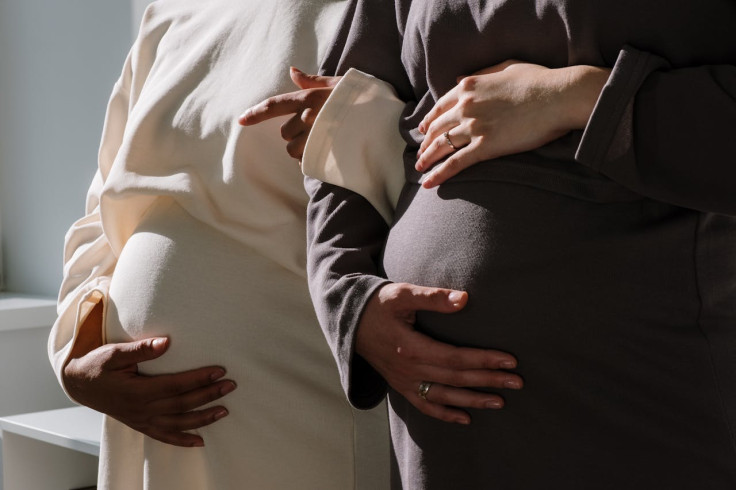'Who Is the Child's Parent?' Australian Fertility Clinic Faces Legal Nightmare After IVF Mix-Up
Last year the clinic performed a faulty genetic screening, which allegedly led to the destruction of healthy embryos that had been wrongly classified as abnormal.

In an extraordinary case, a Brisbane woman has given birth to a child that is not biologically hers following an error by one of Australia's leading fertility providers, Monash IVF.
According to reports, the woman who underwent IVF treatment at a Monash clinic in Brisbane had an embryo implanted that belonged to another couple. The mistake only came to light months after the birth when the biological parent requested a transfer of their remaining embryos to a different clinic — only to discover one unaccounted-for embryo still in storage.
Hence, an internal investigation confirmed the horrifying truth that one of their embryo was carried by another woman and the child has already been born. Surprisingly, this is not the first time Monash IVF has committed a medical blunder.
The Clinic Describes the Incident as 'Human Error'
According to Monash IVF, the incident was discovered in February, and the affected parties were notified within a week. Group CEO Michael Knaap issued a formal apology for the incident, saying, 'All of us at Monash IVF are devastated, and we apologise to everyone involved.'

'We have undertaken additional audits and we're confident that this is an isolated incident,' Knapp mentioned in his statement. According to reports, the company has also reported the incident to national and state reproductive technology regulators and promised to follow any recommendations that emerge from the investigation.
The company has also said that they have engaged senior counsel Fiona McLeod to review the incident independently.
Although the Monash IVF Group is making sure that the incident is thoroughly monitored and investigated, they have attributed it to a 'human error.' However, for the families at the centre of this medical blunder, apologies and audits may not be enough.
Legal Experts Call It a 'Nightmare'
Many legal experts have also commented on this complicated situation, stating that the consequences of this incident can be deeply personal and potentially long-lasting.
Speaking to The Guardian, medical negligence lawyer Frances Bertram says the situation opens a 'Pandora's box' of legal questions—starting with who is considered the child's legal parent.
'It leads into all sorts of custody questions as well once you start looking at who then are the parents and whether the child is raised by the biological parents or by the parents who carried and gave birth to the child,' Bertram said. 'It just becomes such a nightmare.'

Bertram added that both families could be entitled to significant compensation and warned that the psychological impact will likely be profound and ongoing.
'The biological families, the birth family, for the rest of their lives, every time something comes up like Mother's Day or Christmas ... from the psychological point of view, that is something that's really hard to measure,' Bertram said.
Not the First Scandal For Monash IVF
This isn't the first time Monash IVF has come under fire for major medical negligence.
Last year, the company paid $56 million to settle a class action brought by more than 700 patients. The action claimed that the clinic performed a faulty genetic screening, which allegedly led to the destruction of healthy embryos that had been wrongly classified as abnormal.
Although the company didn't admit to any wrongdoing, the scale of the payout highlighted just how high the stakes are in fertility care. In a statement, the company said, 'In reaching an agreement through mediation, Monash IVF Group has made no admission of liability. While we have defended the claim, we believe it is in the best interests of our patients and people to resolve the matter rather than go to trial.'
The back-to-back incidents are now fuelling calls for stricter oversight of IVF practices in Australia. Furthermore, the emotional impact the incident will have on the families — the one who raised the child and the one who shares its DNA, both have uncertain futures. Like Bertam said, 'This is not something that somebody can simply make a claim for and potentially will get over.'
© Copyright IBTimes 2025. All rights reserved.





















